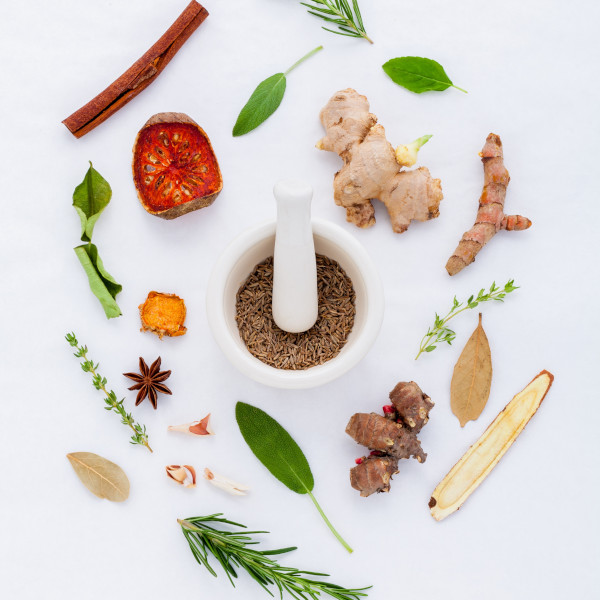Organic or Eco-friendly?
What comes to mind when you hear “organic” or “eco-friendly”? Unfortunately, many people only associate these words with higher prices. And yes, sometimes this is the case, but there are so many benefits to eating organic food… that it’s worth getting to know them and then deciding.
First, let’s explain what organic means
Organic and organic food has the same meaning. It refers to the way agricultural products (produce, meat, dairy, etc.) are produced and processed. Companies that produce process and sell organic food must comply with very strict guidelines. Unlike the words “natural,” “non-toxic” or “healthy,” the word “organic” is regulated by the USDA. This means that any time a product has “organic” on the label, it follows strict standards.
What you’ll never find in organic products:
– Toxic, synthetic pesticides or fertilizers.
– GMO ingredients
– Antibiotics or synthetic growth hormones
– Artificial flavours, colours or preservatives
– Sewage sludge or irradiation
Benefits of organic food
There are a lot of benefits to organic farming and eating organic food, so we will highlight the ones we consider most impactful.
We’ll talk about the health benefits of organic food, but we’ll also touch on how organic farming impacts farmers, their communities and our planet.
These are just some of the reasons to choose organic over conventional produce:
Organic foods are better for our health
Multiple studies have been conducted to determine if organic foods are healthier and the answer is YES. In addition to not consuming any of those harmful and toxic substances we mentioned above, organic foods have also been found to have:

– 69% higher levels of antioxidants in fruits and vegetables.
– 50% higher levels of heart-healthy omega-3 fatty acids in meat and dairy.
– 48% lower levels of cadmium metal toxic lic.
Organic food helps farmers
And conventional crops contain 4 times more pesticide residues than organic.
This is very simple to understand, according to a study by Farmworker Justice:
– 5.8 billion in pesticides are applied to crops each year.
– Pesticide exposure is attributed to higher rates of birth defects, developmental delays, leukaemia and brain cancer in farmworker children.
– Occupational pesticide exposure poisons up to 20,000 farmworkers each year.
– Less than 20% of farmworkers receive health insurance.
– Pesticide exposure can cause short-term effects such as nausea, vomiting, and flu-like symptoms. Because of this similarity in symptoms, many farmworkers do not even realize they have been poisoned. Long-term effects can range from birth defects and infertility to cancer and neurological disorders.
Organic food is better for the climate
We all know about the UN Climate Report, right? It’s the report where UN scientists have found that if we don’t reverse the trajectory we are on now, by the year 2,050 we will have reached the point of no return with our climate.
This may sound a bit blunt, but it is true. Climate must be at the forefront of everything.
And organic farming is one of the ways we can help make effective and lasting changes for our climate. Recent data has shown that we actually have the ability to sequester more than 100% of current annual CO2 emissions by switching to organic farming.
This can essentially reverse the greenhouse effect! Check out this climate change white paper for more information.
Organic food tastes better
Yes, it’s true! While no formal studies have been done or attempted, many food experts believe that organic foods taste better because they are more nutritious.
And it’s really easy to tell the difference. If you compare the taste of an organic bell pepper or tomato, you’ll find that organic is much tastier.
So, is organic food really better?
At the end of the day, you may still be asking yourself this question. And the answer is yes, organic food is better. Organic is better for you, it’s better for the people who grow and pick the food, and it’s better for the climate and, therefore, the entire planet.
Although we know that it may not always be possible to consume them. But we hope that it will become easier and more accessible. So, if you have the option, try to buy organic food so you can maintain your own health and the health of everyone else on this planet.
